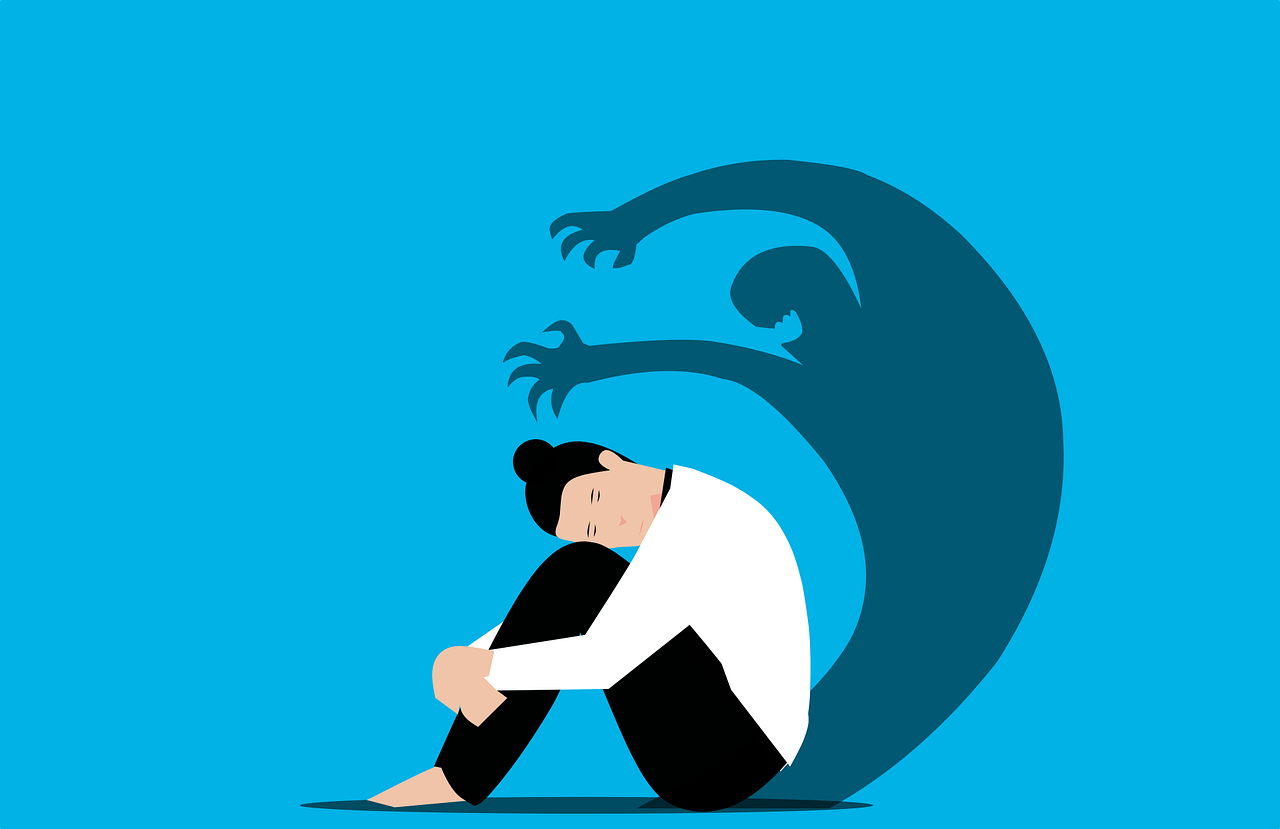Back in 2005, psychologist Dr Cliff Arnall coined the term ‘Blue Monday’ after creating a formula for the most depressing day of the year. This turned out to be the third Monday in the new year, which in 2022 falls on the 17th of January.
This date was hit upon because it occurs around the time when New Year’s resolutions tend to bite the dust, Christmas debts make themselves known and the weather is unrelentingly dull. The reality of being back at work can also add to our black moods.
Mondays in general tend to be our most stressful working day too. A survey by Cascade HR in 2017 found that 47% of British workers cited Monday as their most stressful day of the week with workload being the biggest cause (39%), closely followed by feelings of tiredness (29%).
In winter, SAD (Seasonal Affective Disorder) can also play havoc with many of us. It is estimated that as many as one in three people in the UK suffer with SAD, a type of depression that can be experienced during particular seasons or times of the year.
After two years of dealing with the COVID pandemic combined with the above, this year’s Blue Monday is shaping up to be particularly depressing. This is especially concerning given the latest statistics on workers’ mental health and well-being.
According to the latest HSE statistics, in the year 2020/21 work-related depression, anxiety and stress were together the leading cause of illness over the year, representing 50% of all workplace illness. In total, 822,000 were suffering with poor mental health with 451,000 being new cases for 2020/21. This paints a very bleak picture of UK workers’ mental health and highlights the very real importance of acting now to get employees the support they need.
Time to raise mental health awareness
Blue Monday, whether you consider it to be a gimmick or not, can be an excellent way of drawing attention to well-being issues or to kick-start a system of support for your employees. It can also be a great way to encourage your workers to talk about their mental health and reduce the stigma surrounding it.
On the day itself you could share information on mental health and well-being, offer workers an extended lunchbreak/early finish time or send round an anonymous survey to gauge your workers’ support needs.
Going forward, you could try the following solutions to give your workers greater mental health support:
- Set up access to an occupational health service or employee assistance programme. These programmes can give your workers access to qualified specialists for confidential counselling and support. Some schemes also offer rehabilitation programmes, which can help you get workers back to work safely after they have taken time off to regain their mental fitness.
- Train mental health first aiders. Mental health first aiders in the workplace can help to reduce stigma surrounding mental health as well as provide an easy-to-reach touchpoint for support. These first aiders will be trained in spotting signs of mental illness and can signpost support centres, including the GP, therapy or support groups.
- Assess workloads and work patterns. Heavy workloads make for stressed employees, so now is a good time to assess how much work your employees are doing and see if this can be reduced. If you have remote workers, remember to include them in any mental health initiatives and check in with them to ensure that they do not feel isolated.
 Make mental health your priority with ISO 45003
Make mental health your priority with ISO 45003
If you are really committed to making your workplace a happier and healthier place in 2022, you may want to consider ISO 45003.
ISO 45003 is a new global Standard that features guidelines and practical steps to help employers identify the conditions and workplace demands that could impact the psychological health and well-being of workers. Using these findings, employers can then develop processes that can mitigate or remove psychosocial risks and promote support.
By implementing ISO 45003 you can demonstrate to your workers, customers and other key stakeholders that you prioritise the psychological health of your workers, which can help you to cut absenteeism, promote a diverse workforce and boost the reputation of your company.
To find out more, take a look at our dedicated webpage on the ISO.

